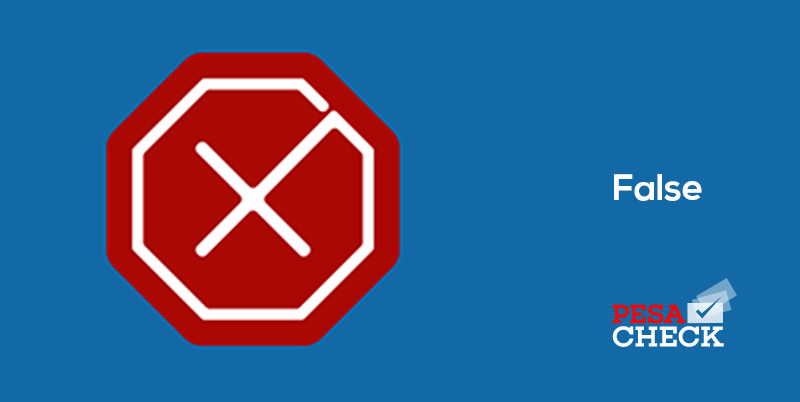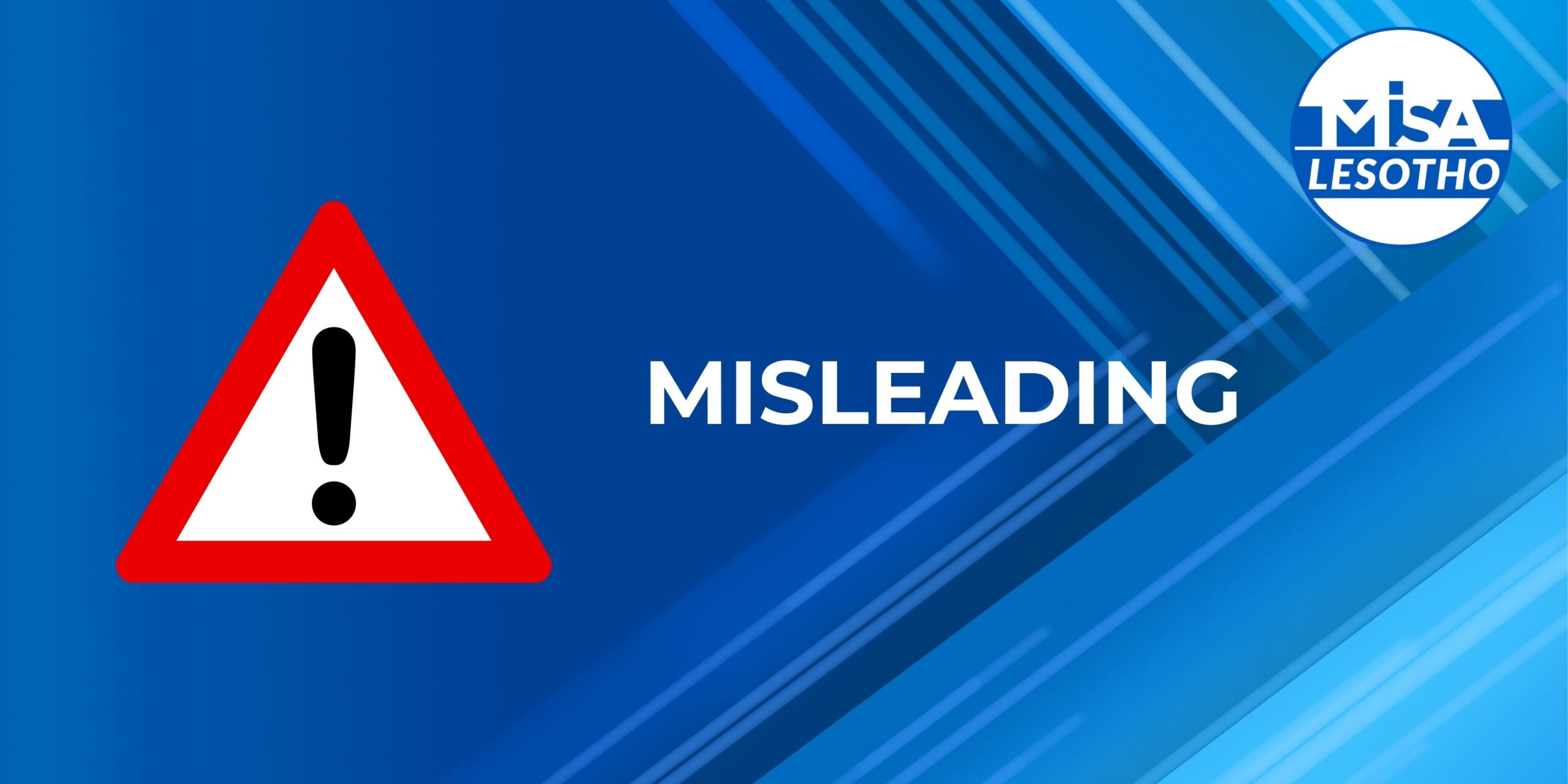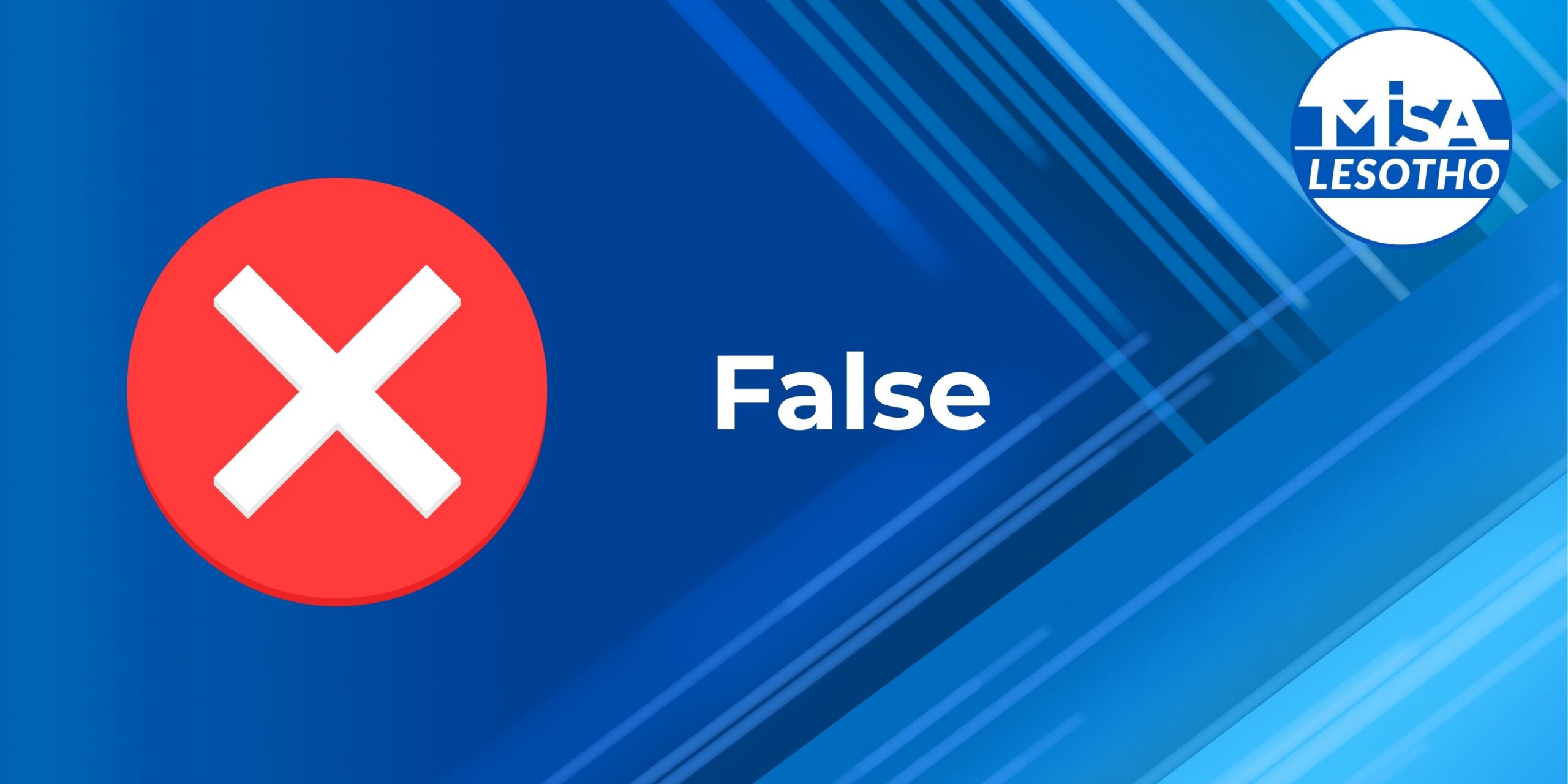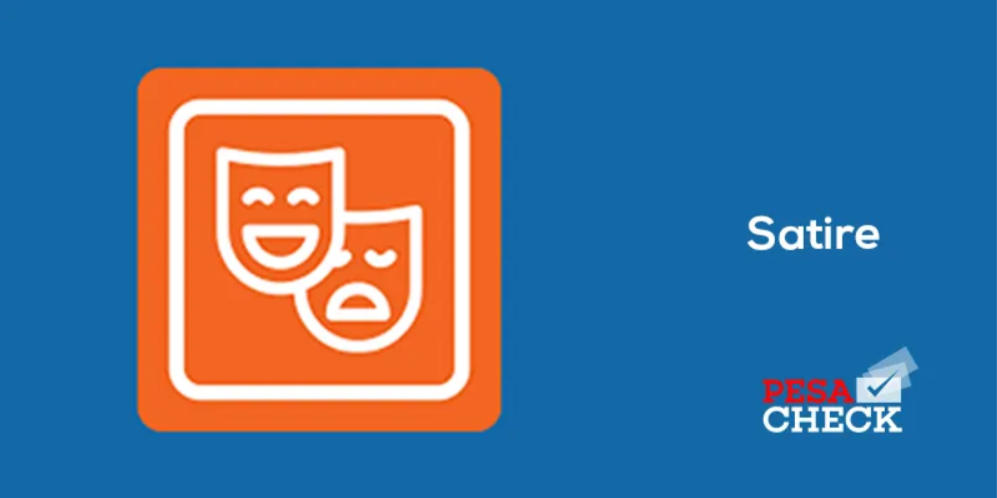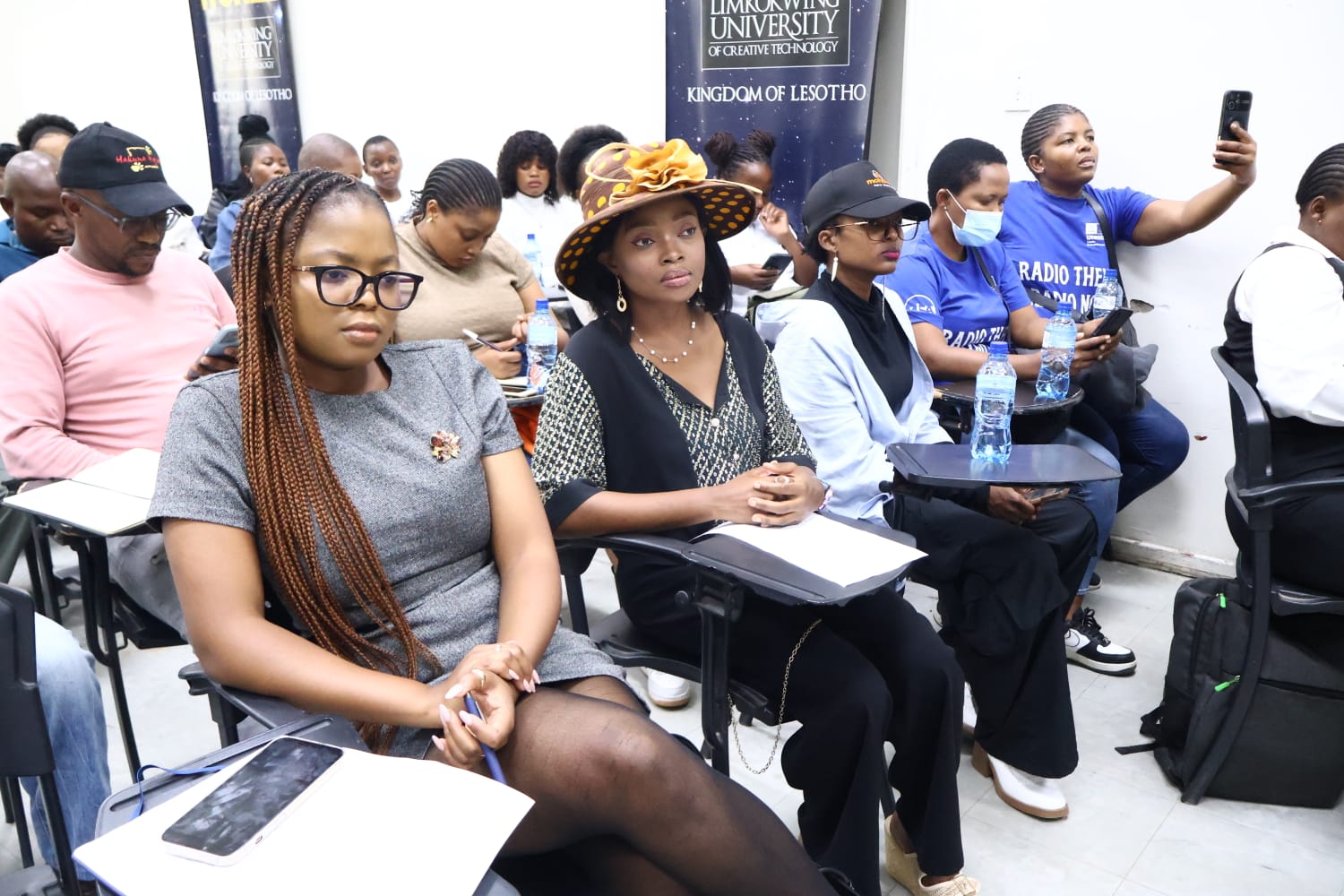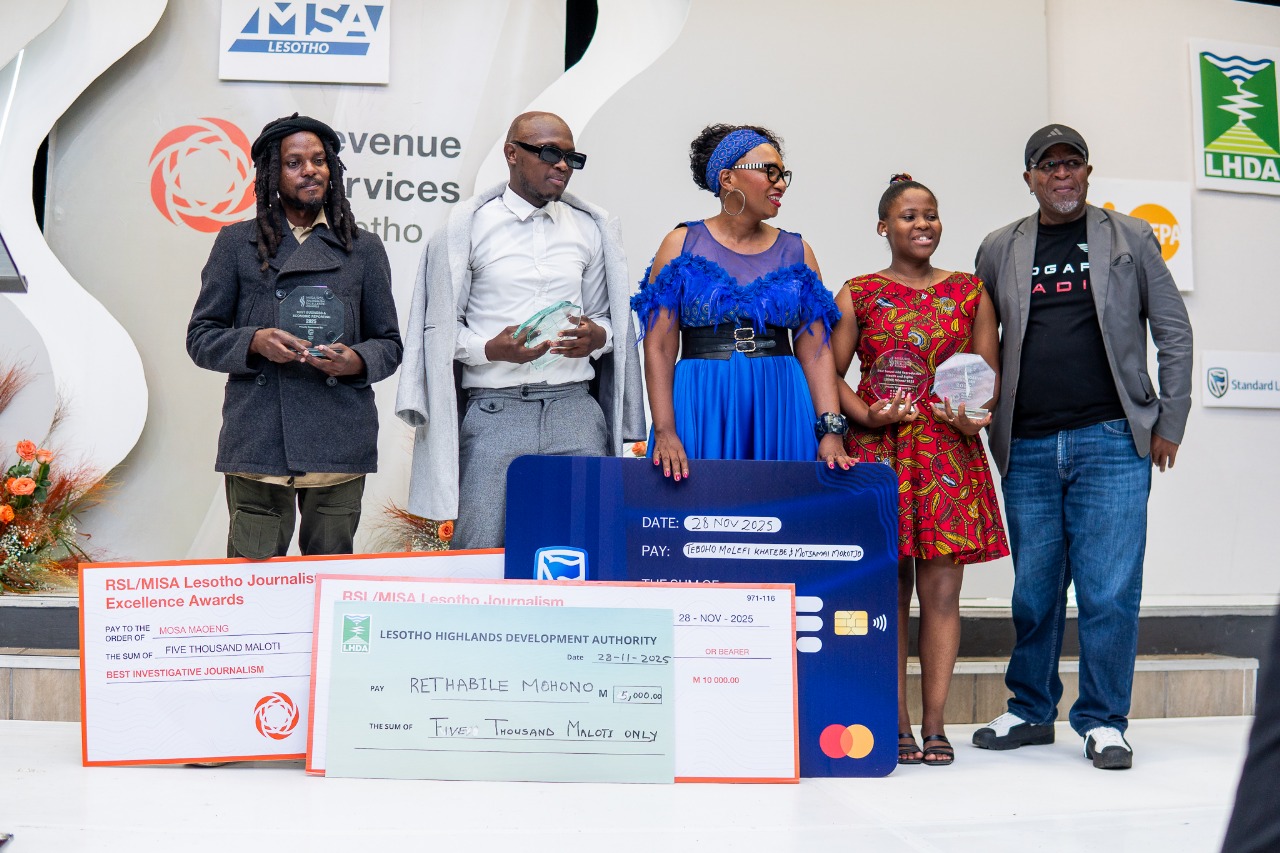The post on X (formerly Twitter) disparages climate science and scientists by claiming it is just “average weather”, making ordinary people experts and experts irrelevant.
The post is misleading for several reasons, primarily because it conflates climate and weather. A simple analogy: weather tells you what to wear today; climate tells you what clothes belong in your closet.
While climate is often defined as “average weather,” the UN Intergovernmental Panel on Climate Change emphasises that climate is far more complex than day-to-day weather patterns.
According to the IPCC, climate is the statistical description of the climate system. The latter is defined as follows:
Weather, on the other hand, is local, short-term changes in the atmosphere such as temperature, wind speed and direction, air pressure, and precipitation. This definition is universally acknowledged — here, here, here, here, and here. The complexity of a climate system is highlighted below:
According to the World Meteorological Organization, climate is the “complex interactions and influences” between the air (atmosphere), oceans, lakes, and rivers (hydrosphere), snow and ice (cryosphere), the land surface (lithosphere), and living organisms (biosphere).
Given that the WMO sets a 30-year timeframe to determine climate, it is clear that average persons cannot be climate “experts” purely because they lack access to vast quantities of complex data and the means to analyse them.
For example, the table below shows all the different data sources a paper used to study the climate of Cape Town in South Africa.
The same applies to this paper, which analysed East Africa’s climate primarily through long-term temperature and rainfall data. Researchers examined multiple datasets to assess climate trends over time.
This highlights an important distinction: Climate can be local, regional, or global. Examining the temperature on the global level is very complex and relies on readings from thousands of weather data stations all over the world.
Many African universities have specialised undergraduate and postgraduate courses and degrees in climate science, for example, here and here. There are hundreds of African climate scientists working in a variety of fields.
To learn more about climate change, how humans cause it, and what it means for us in Africa and beyond, see PesaCheck’s articles here on: carbon dioxide, methane, sea ice and glaciers, sea level, temperature, ocean acidification, extreme weather, wildfires, droughts, floods, food production, and health.
PesaCheck has examined a claim that there is no special term called climate and finds it to be MISSING CONTEXT.
This post is part of an ongoing series of PesaCheck fact-checks examining content marked as potential misinformation on Facebook and other social media platforms.
By partnering with Facebook and similar social media platforms, third-party fact-checking organisations like PesaCheck are helping to sort fact from fiction. We do this by giving the public deeper insight and context to posts they see in their social media feeds.
Have you spotted what you think is fake or false information on Facebook? Here’s how you can report. And, here’s more information on PesaCheck’s methodology for fact-checking questionable content.
This fact-check was written by PesaCheck climate change fact-checker Christiaan van der Merwe and edited by PesaCheck chief copy editor Stephen Ndegwa.
The article was approved for publication by PesaCheck managing editor Doreen Wainainah.
PesaCheck is East Africa’s first public finance fact-checking initiative. It was co-founded by Catherine Gicheru and Justin Arenstein, and is being incubated by the continent’s largest civic technology and data journalism accelerator: Code for Africa. It seeks to help the public separate fact from fiction in public pronouncements about the numbers that shape our world, with a special emphasis on pronouncements about public finances that shape government’s delivery of Sustainable Development Goals (SDG) public services, such as healthcare, rural development and access to water / sanitation. PesaCheck also tests the accuracy of media reportage. To find out more about the project, visit pesacheck.org.

PesaCheck is an initiative of Code for Africa, through its innovateAFRICA fund, with support from Deutsche Welle Akademie, in partnership with a coalition of local African media and other civic watchdog organisations.




